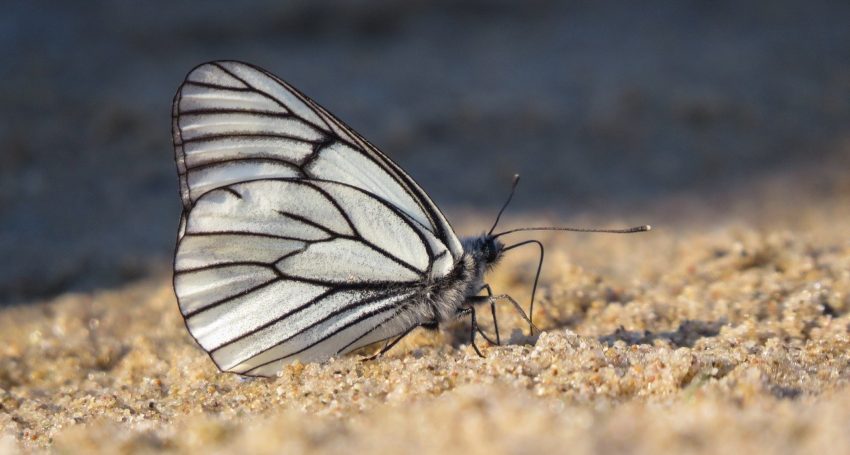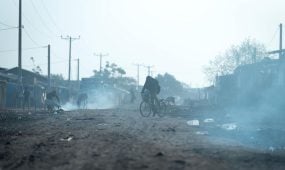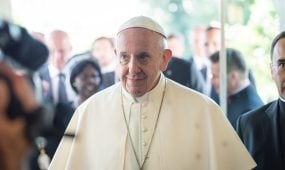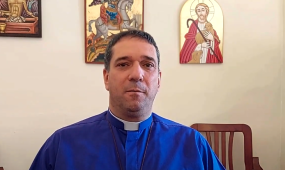Making 2020 a transformative and wonderful year for all God’s creation
News
“How do we give people affected by the transition to an economy of net zero carbon emissions real confidence as regards to their employment, income security and reliability of energy supply?” asks Bishop Philip Huggins

2020 is such a big year as we try to prevent further climate change and also protect our biodiversity in God’s wonderful creation.
What are the key goals?
A first is that Australia set a strategy to reach net zero carbon emissions by 2050.
In doing this we would join more than 80 other countries that have already made this commitment. Because of the urgency some churches are already encouraging faster targets. For example on 12 February the Church of England Synod recommended that the UK reset their target for net zero emissions to 2030.
Towards reaching net zero emissions, and secondly, we need to have a national conversation now which leads to our best possible contribution at the UNCOP 26, which is to be held in Glasgow this November.
The ‘Nationally Determined Contributions’ (NDCs) of all nations to the UN Framework Convention on Climate Change (UNFCCC) are expected by August to be presented in November. So time is tight.
We made a start last week with our NCCA open meeting at the Australian Centre for Christianity and Culture (ACC&C) with Australia’s Ambassador for the Environment. The Ambassador, Mr Jamie Isbister, will lead our diplomatic delegation in Glasgow as he did in Madrid at UNCOP 25.
Last week’s meeting with him made clear that much good work is being undertaken by local and state governments, as well as by the business sector.
Part of the task now is to integrate all this good initiative into our NDC. The other part of the task is evident in the discourse we hear currently in our Federal Parliament.
How do we give people affected by the transition to an economy of net zero carbon emissions real confidence as regards to their employment, income security and reliability of energy supply?
Advertisement
This needs transparent planning and communication in a less fractious and, hopefully, bipartisan process of nation-building.
The model for this is still vivid from the wonderful national cooperation we are still seeing in response to the bush fires and now, the floods.
Building on this we can bring together at the UNCOP 26 our best contribution to the goals of the Paris Agreement and help the global family contain the rise in temperatures to 1.5 degrees above pre-industrial levels.
In 2020, we also need to take account of the Convention on Biological Diversity (CBD), which is being renegotiated this year and finalised at a Conference of the Parties (COP) in October.
A concern is that without strong public advocacy, we may see a reduction in effective targets at a time when targets must address declining biodiversity (with estimates of 1 million species heading for extinction), as well as address issues of food and water security and plastics pollution, etc.
Relatedly, here in Australia, our submissions are needed in the review of our own primary national environmental law, the Environment Protection and Biodiversity Conservation Act 1999.
Advertisement
Without question, there are new pressures on Australia’s biodiversity and heritage conservation.
One of these pressures is climate change.
So 2020 is a very big year for all who want to be good stewards of God’s wonderful creation.
Walking with my four-year-old granddaughter by the beach, watching a butterfly, she suddenly said, seemingly out of nowhere: “Everything is connected!” “Yes. It is,” I said. And we walked on…
We need to act with childlike wonder and our best adult wisdom in 2020.





